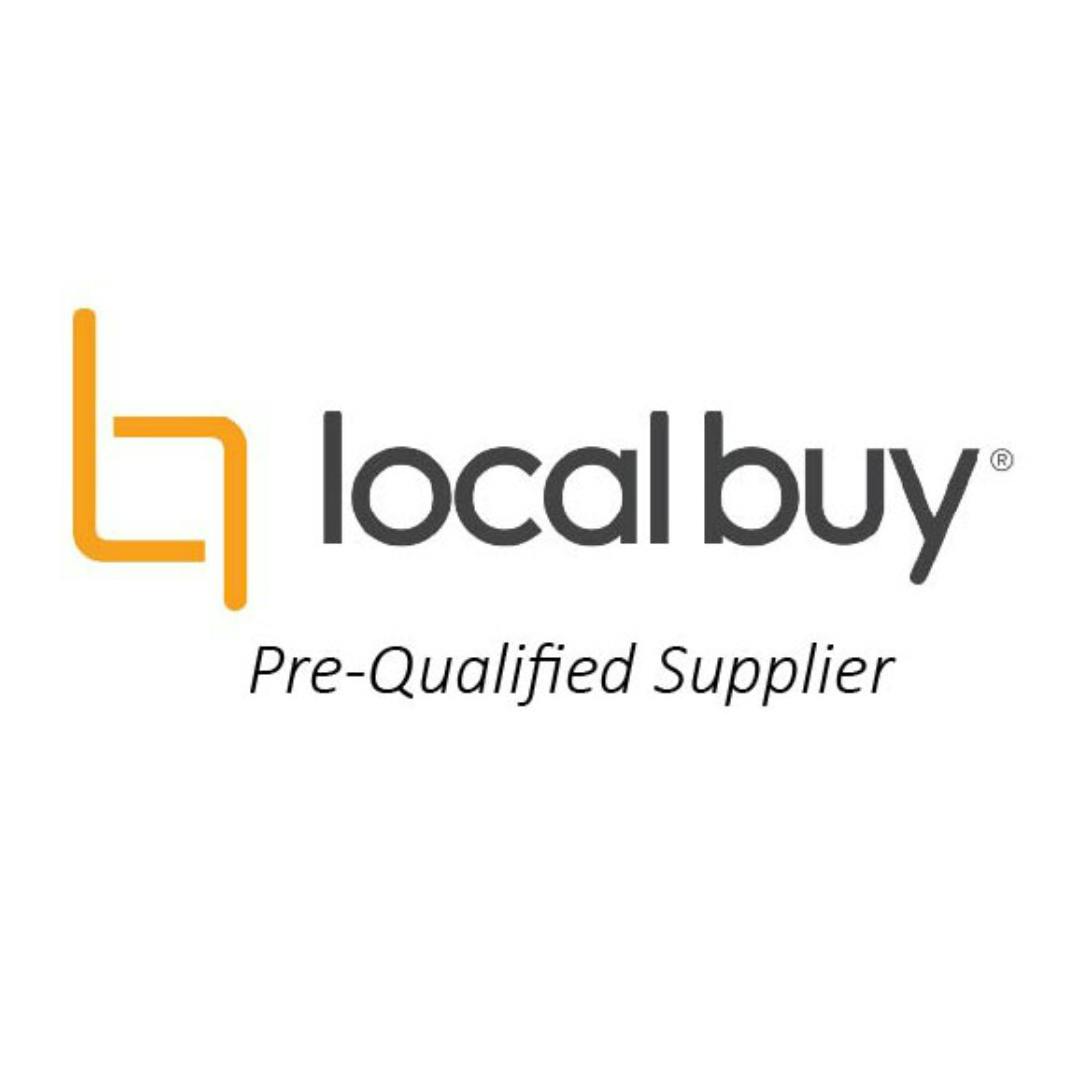One of my favourite songs is ‘Rain on the Scarecrow’ by John Mellencamp.
It is about financial difficulties farmers in Midwest America where experiencing in the early 1980s, resulting in many having their farms repossessed by banks.
In an online songbook website, the essence of the song is explained, namely
“When the banker forecloses on the farm in this song, Mellencamp introduces himself into it:
He said, “John it’s just my job and I hope you understand”
Hey, calling it your job ol’ Hoss sure don’t make it right”
What is the significance of these lyrics?
No, it’s not just me reliving my youth. On 1 July 2020, I had a great and very informative chat with Jorgen Gullestrup, CEO (Queensland and Northern Territory) of Mates in Construction (Mates), as part of the Helix Essential Series. I admire Jorgen immensely and it brings me joy to see Mates moving from strength to strength in the great work they do.
Over the following weeks, we will publish segments of our talk which addressed all things Mates – the program, COVID-19, Apprentice Research and work around post-traumatic stress. You can follow Helix Legal on LinkedIn, Instagram and Facebook to view our discussion.
The discussions I have the pleasure of hosting for the Helix Essential Series often cause me to ponder part of the discussion long after it is over. There is one issue we discussed that I want to urgently highlight.
In my previous article entitled Mates in construction look after each other in tough times, I emphasised the fact that many of the approximate 230,000 pre-COVID-19 Industry workforces will be feeling stressed, anxious or depressed because of the unfolding COVID-19 induced recession.
I believe the manner in which businesses and government agencies interact with these distressed people during this crisis, will determine how they are viewed the other side of this crisis.
Organisations that fail to ‘go the extra mile’ in their dealings with people, looking to explore all assistance options without compromising the basis for their existence, will rightly be marked down as being rigid and out of step with community expectations. Glitzy and cleverly crafted post-COVID-19 mission statements from these organisations will be justifiably viewed as hollow words.
On the other hand, this crisis presents a once in a lifetime opportunity for organisations, associations and government agencies to reach out to their members, clients or licensees and establish a lasting, valued and trusting relationship with them.
From these organisations point of view, how good would that be?
We need to first acknowledge the ugly truth. Many people will, unfortunately, lose their jobs.
- The Queensland unemployment rate in February 2020 (before COVID-19) was 5.7%.
- The Queensland unemployment rate in May 2020 was officially 7.9% but some project that the true rate is 12%.
- The Queensland construction industry, even with the support of stimulus packages from governments, will not be immune from these deteriorating employment prospects. The most recent initiative in this regard is the HomeBuilder scheme which was announced on 4 June 2020 but not yet implemented. Therefore, it will be some time before the success, or otherwise of this initiative, can be properly accessed.
- The June 2020 employment figures will not be released until 16 July 2020. However, in a Ministerial statement by the Commonwealth Treasurer, it is projected that the official national unemployment figure for June will be around 10%.
- The Government ‘Job keeper’ initiative, that is currently supporting businesses paying employees $1,500 (before tax) per fortnight, is scheduled to cease on 27 September 2020. How many employees become unemployed when this initiative ceases will not be known until towards the end of 2020. At the time of publishing this article, the Government has not announced whether they will implement another form of employee assistance when ‘Job keeper’ ceases.
Based on the information I have outlined above, I believe that tragically, many of these 230,000 people will become unemployed over the next 12 months. Let us hope for these people it will only be for a short period.
What do I think needs to happen?
Everybody dealing with persons employed in the construction industry must now, more than ever, reconsider how they do so because it is the right ‘human’ thing to do. Of course, this should happen in all industries, but we know that the construction industry has, unfortunately, a documented suicide problem of a very concerning nature.
“Every year 190 Australians working in the construction industry take their own lives; this means we lose a construction worker every second day to suicide.
Construction workers are six times more likely to die from suicide than an accident at work. For our young workers, the facts are that they are well over two times more likely to take their own lives than other young Australian men.”
Words and actions matter when dealing with highly stressed, anxious, or depressed people.
It is also an opportunity for businesses, associations, or government agencies to reflect a caring and empathetic nature. In other words, instead of clients having a negative experience with them, they could have a helpful interaction.
However, the actions of these organisations must be much more than including a ‘where to find help and assistance’ flyer with correspondence to people. They must be open to exploring every option that assists people in such challenging times and be tone appropriate when communicating with them.
For example, organisations that are prepared to change their operations from sending out standard, template correspondence to embracing personal telephone contact with people without abandoning their operational foundations, will be, in my view, be viewed as ‘going the extra mile’.
As I stated in my previous article entitled Mates in construction look after each other in tough times:
“Why does all this matter?
Quite simply, it could be a matter of someone living or dying.”
Returning to the significance of the highlighted lyrics of this song, when I looked up the meaning of ‘Hoss’, I found it was southern American slang meaning:
“A big, strong and respected or dependable person, usually a man; one who is large like a horse.”
‘ol’ Hoss’ in this song is a banker foreclosing on a farmer’s farm, where I believe that American banks in the 1980s would not have embraced ‘compassion’ as a guiding business principle.
American bankers must have, at one stage, been respected and viewed as dependable.
I wager that many were not seen in such a positive light after these mass farming foreclosures in the 1980s.
What business, association or government agency involved in the construction industry wants to be the Australian equivalent of ‘ol’ Hoss’ in the post-COVID-19 era?
Not intended as legal advice. Read full disclaimer.


